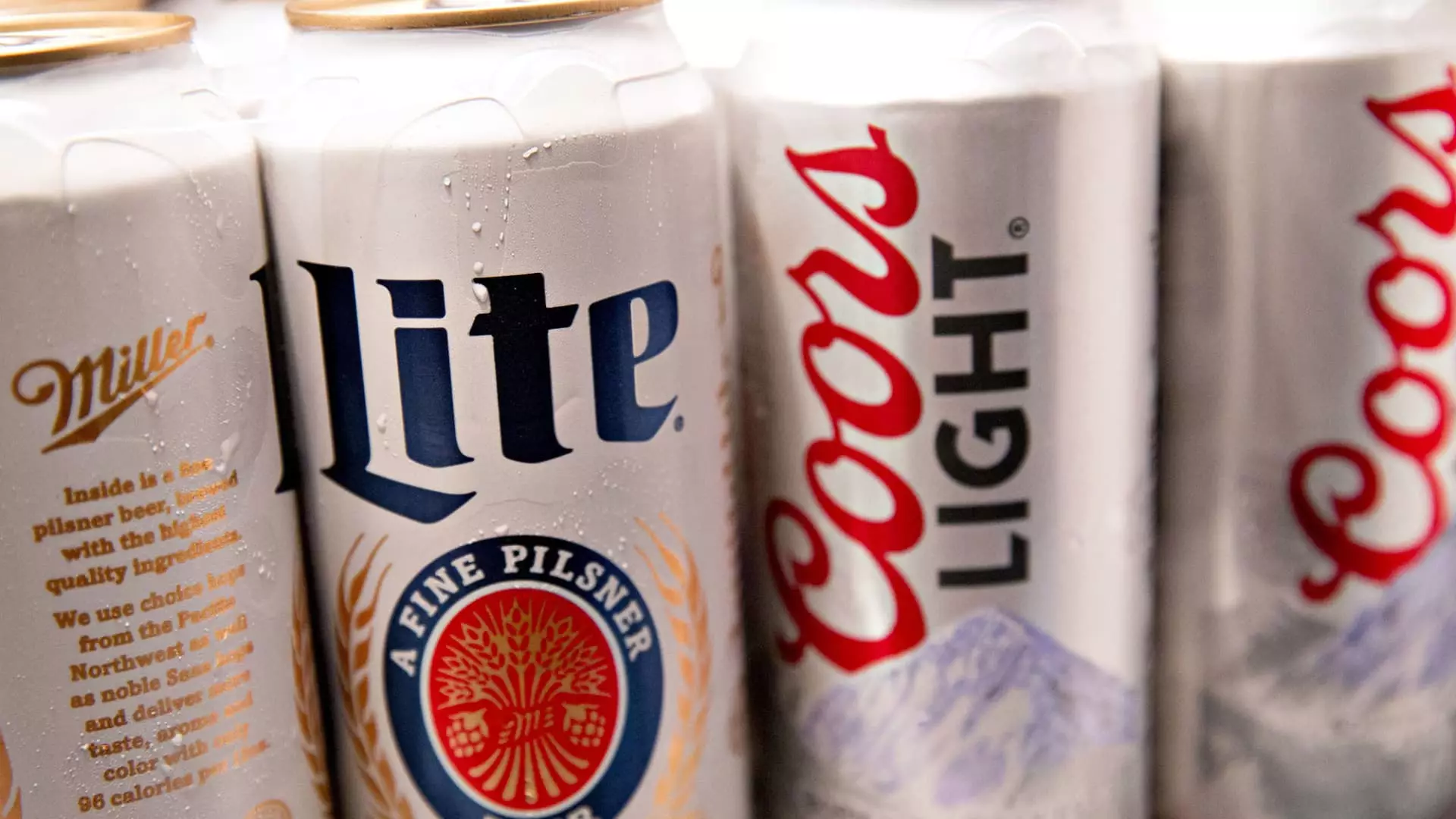In an era where political grandstanding often overrides pragmatic decision-making, recent tariff policies exemplify how government actions harm everyday Americans. Instead of fostering economic growth or supporting domestic industries in a balanced way, tariffs—particularly on imported goods like beer and aluminum—have become a blunt instrument that raises consumer prices under the false pretext of national security or trade fairness. This approach is shortsighted and, quite frankly, unjustifiable, especially when it turns patriotic holidays into painful reminders of economic inflation. When the government chooses to impose a 25% tariff on imported beer and later hikes aluminum tariffs to 50%, it’s not just corporations that suffer—ordinary citizens pay the price in diminished purchasing power. A simple backyard barbeque, an event that symbolically unites the nation, now costs significantly more, revealing how political decisions have real-world hardships without any clear benefit.
The Cost of Convenience and Tradition Is Skyrocketing
The shocking truth is that a typical Fourth of July cookout, once budget-friendly and approachable, is now more expensive due to these tariffs. Consumer price index data shows that the cost of staple items like beer, grill tools, and even disposable plates have escalated sharply since the tariffs’ announcement. For instance, popular domestic light beers like Miller Lite and Coors Light experienced over 13% price hikes within just a few months. Imported brews, including brands like Modelo and Peroni, saw similar surges, adding to the financial strain on families trying to enjoy simple festivities. It’s ironic—what should be a celebration of independence becomes a reminder of economic dependence on policies that prioritize protectionism over the well-being of everyday Americans. Moreover, the rising prices extend beyond beverages; items such as camping chairs and kitchen accessories have seen nearly 50% increases, turning a modest gathering into a costly affair.
Tariffs: A Symptom of Failed Policy and a Flawed Prioritization
This pervasive inflation reflects a broader failure of policy—one that neglects the real social and economic fabric of the nation. Instead of fostering fair competition and supporting domestic industries through innovation and strategic investment, tariffs serve as a political tool that inflates prices for short-term showmanship. The administration’s focus on aggressive trade measures has turned holiday cheer into economic hardship, disproportionately affecting lower- and middle-income families who cannot absorb these costs. This approach ignores the fundamental economics of supply and demand; artificially restricting imports causes prices to rise across the board, impacting everything from everyday groceries to the nostalgic items cherished during summer holidays. It’s a stark reminder that policies driven by protectionism and nationalism often backfire, causing consumers to pay the steepest price while offering little true economic benefit. The mood, once celebratory and unifying, now feels tinged with frustration—an unintended consequence of government overreach masquerading as patriotism.

